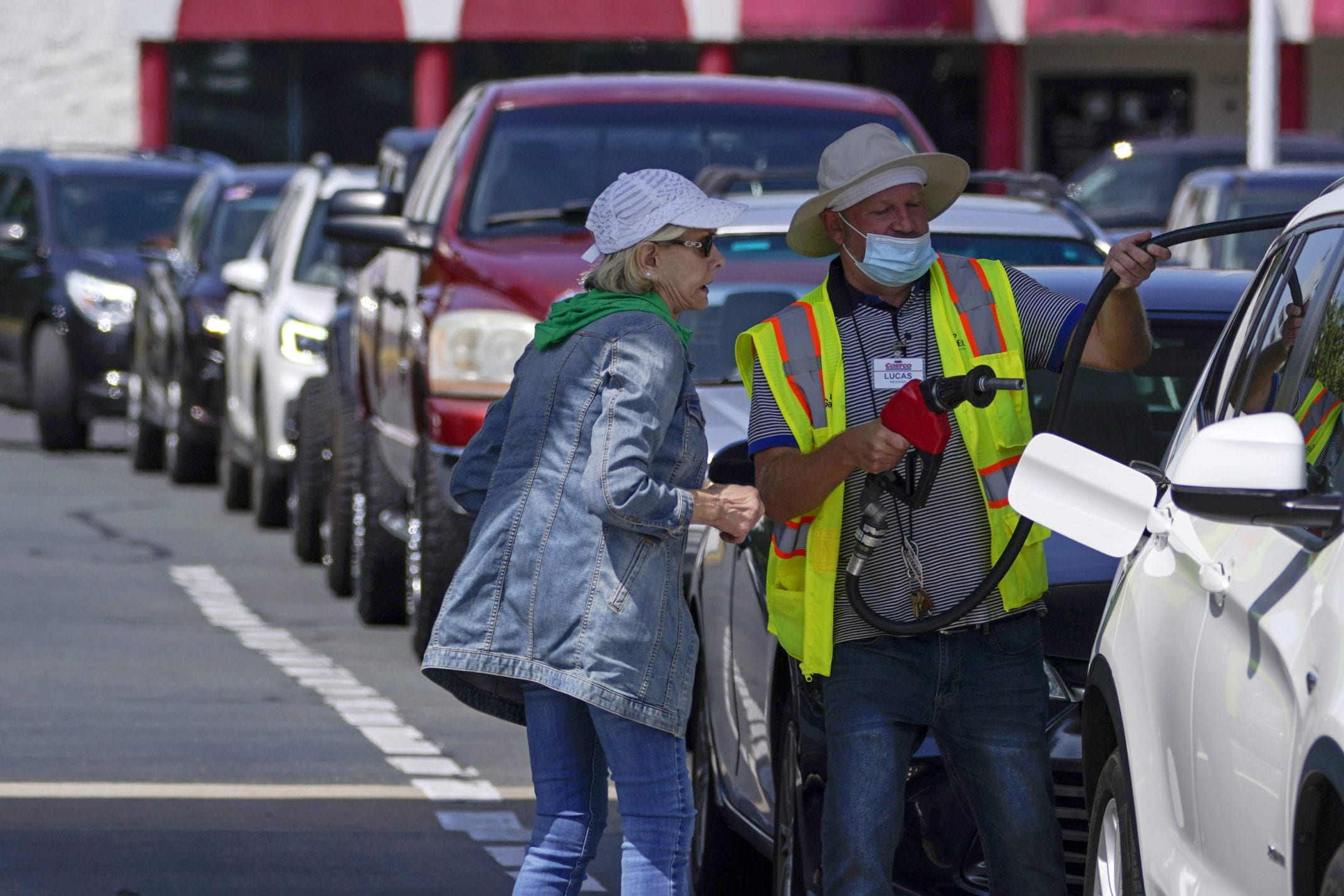The cyberattack of Colonial Pipeline is a mess. Reports in Atlanta say 20% of gas stations have no gas. There are long lines of cars waiting to fill their tanks in North Carolina and other states, and prices are going up.
A 5,500 mile pipeline was totally shut down because hackers installed ransomware and demanded payment to give the company use of their computer system again.
Now here’s the part that’s most troubling about the hack; it’s just the tip of the iceberg of what we can expect to happen with other infrastructure, businesses and vulnerable targets that crooks like Darkside in Russia, China and Iran are going to try to exploit.
The acting director of the Cybersecurity and Infrastructure Security Agency is a guy named Brandon Wales. He made himself available for a Q&A while he was testifying before the Senate Homeland Security Committee.
He basically said brace yourself for more attacks. There have been over 100 major attacks in the past 10 years. What’s interesting that as much of a threat as the cyber community knows this is, there has not been any laws written to offer protection to U.S. companies that are going to be targeted.
The Colonial Pipeline attack is something that freaks people out, and it’s caused panic buying up and down the Eastern sea board. The Colonial pipeline moves over 100 million gallons of gas, diesel fuel, jet fuel and heating oil every single day.
Senator Rob Portman was at the meeting and had this to say about the Colonial hack. “This is potentially the most substantial and damaging attack on U.S. critical infrastructure ever. It shows that cyberattacks can have tangible, real-world consequences.”
The U.S. Government wants to incentivize companies that are victims of cyberattacks to call in Homeland Security for assistance immediately. That currently is not happening, as companies fight the problem themselves in most cases.


















Add comment